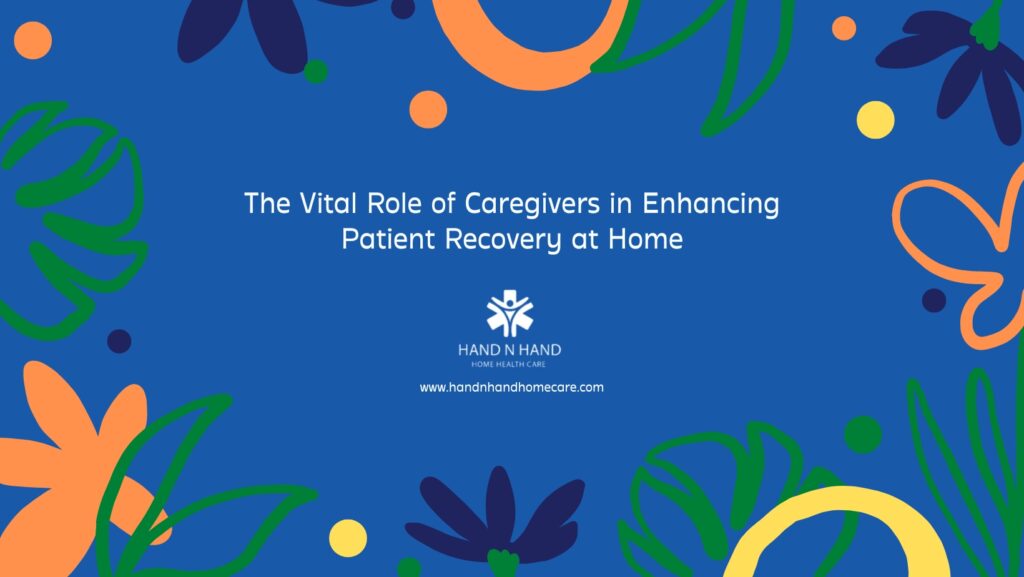
The Vital Role of Caregivers in Enhancing Patient Recovery at Home
Home care has revolutionized the way patients recover and heal. Central to this transformation is the caregiver, an unsung hero who plays a pivotal role in a patient’s recovery journey. But just how crucial is this role, and what difference do caregivers make?
The Caregiver-Patient Bond
Establishing trust and rapport is the foundation of effective home care. When patients feel understood and supported, they are more likely to adhere to treatment plans and voice their concerns.
Beyond Medical Assistance
While caregivers are trained to provide medical care, their role often extends beyond this. They offer companionship, emotional support, and even assist with daily tasks, ensuring the patient’s holistic well-being.
Personalized Care
Every patient is unique. Caregivers recognize this and tailor their approach to suit individual needs, preferences, and even quirks. This personalized touch can significantly enhance recovery outcomes.
Advocacy and Support
In situations where patients can’t communicate their needs, caregivers act as advocates, ensuring the patient’s best interests are always front and center.
Education and Guidance
Caregivers educate patients and their families about the medical condition, treatment options, and recovery process. This knowledge empowers patients, giving them a sense of control over their health.
The Emotional Anchor
Recovery can be a challenging journey, filled with ups and downs. Caregivers act as a stable emotional anchor, offering encouragement, listening to concerns, and celebrating small victories.
In Conclusion
While medical equipment and advanced treatments play their part, the human touch caregivers bring is irreplaceable. They are the heart and soul of home care, turning houses into homes and patients into family.
